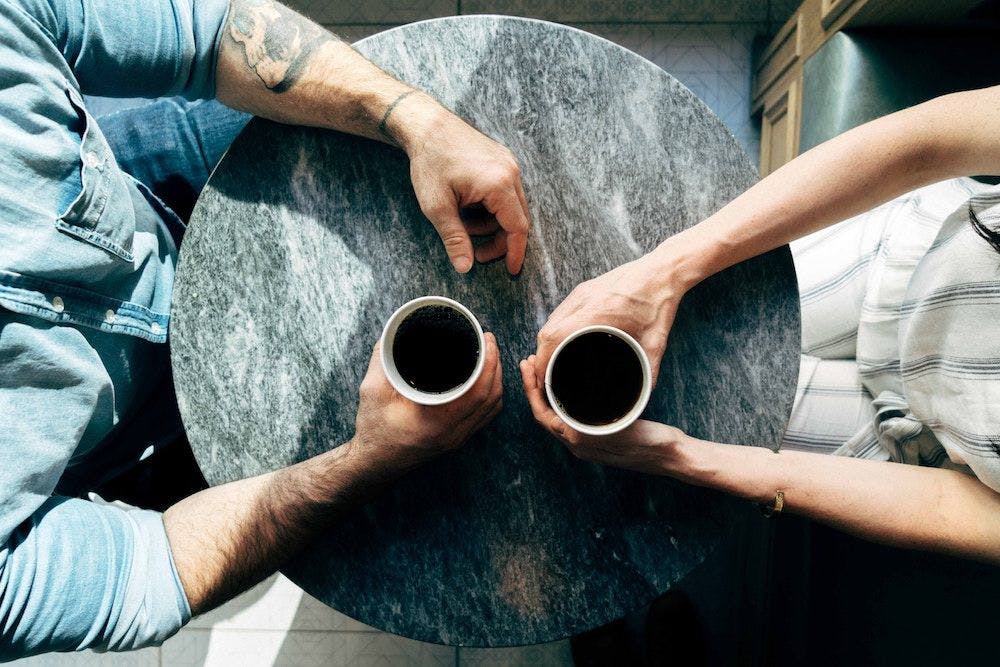Jake Mills: 'It’s good to talk – but only if you want to'
updated on Oct 15, 2018

Jake Mills, CEO of Chasing the Stigma and creator of The Hub of Hope, shares his thoughts on joining the mental health conversation:
Nowadays, we’re all encouraged to join “the conversation” about mental health. We’re told we’re doing it for our own good and the good of others, to help banish stigma. But it’s important to remember two things: one, once you’ve opened up you’re not obliged to keep doing so; and two, take time after talking to look after yourself.
I’ve been speaking publicly about my depression and suicide attempt five years ago since 2014. I have been probed about my deepest and darkest moments: “Why did you feel suicidal?”, “What about your parents?”, “What did it feel like?” – only for people to move on with their day with barely a thought about the impact their questions have.
I have opened up to benefit others, not myself, and sent myself into a downwards spiral. It took me a long time to realise that I don’t have to talk. Then I had to learn how to manage it.
Now, when I don’t feel up to talking about my mental health, I’ve developed a series of phrases and gestures. If I tell my wife that I’m doing “the thing” it means my anxiety is high and I’m close to a panic attack. Codes allow me to offer reassurance that I’m fine, but need some down-time where I don’t discuss my experiences.
After I’ve opened up, I give myself a window of “recovery” time. I might switch off social media for a while and refocus myself by doing something I love – usually going for a run, absorbing myself in a Netflix series, or listening to Bruce Springsteen – who seems to understand my emotions better than I understand them myself.
This applies to anyone who has opened up about their mental health. You must remember that you come first. You don’t have to answer things that make you feel uncomfortable.
Talking about your mental health has to benefit your mental health first and foremost, not damage it. There is no shame in putting yourself first.
Find mental health support near you using the Hub of Hope (hubofhope.co.uk) available online, on Google Play and the App Store.

